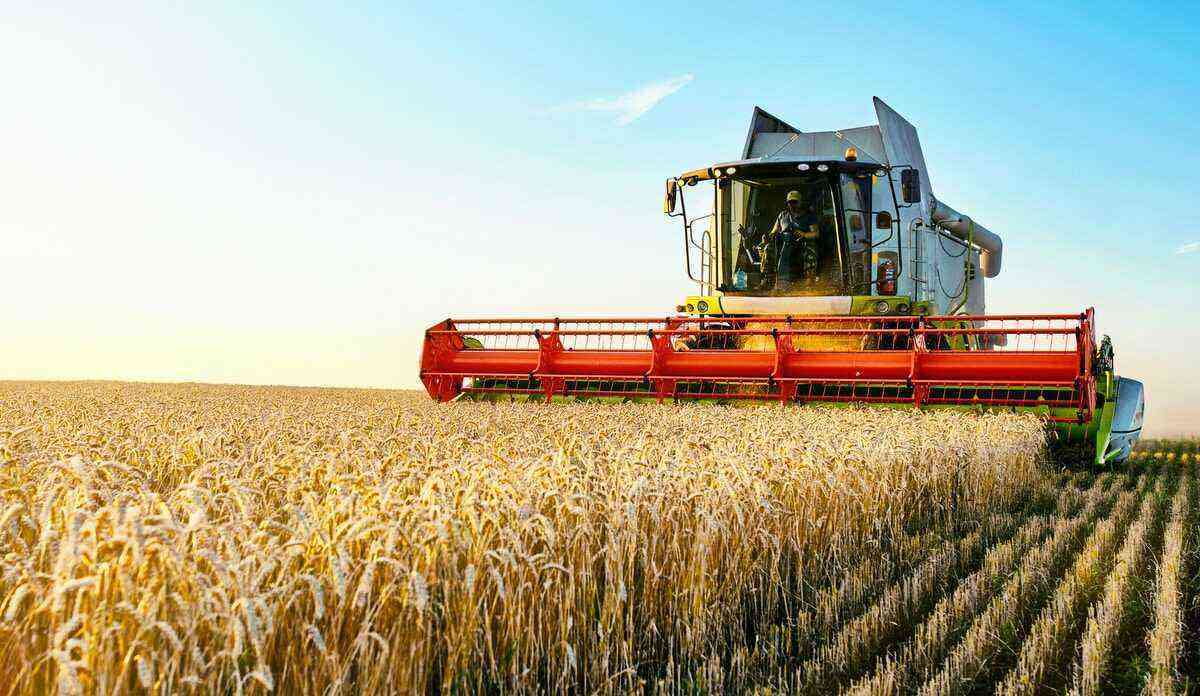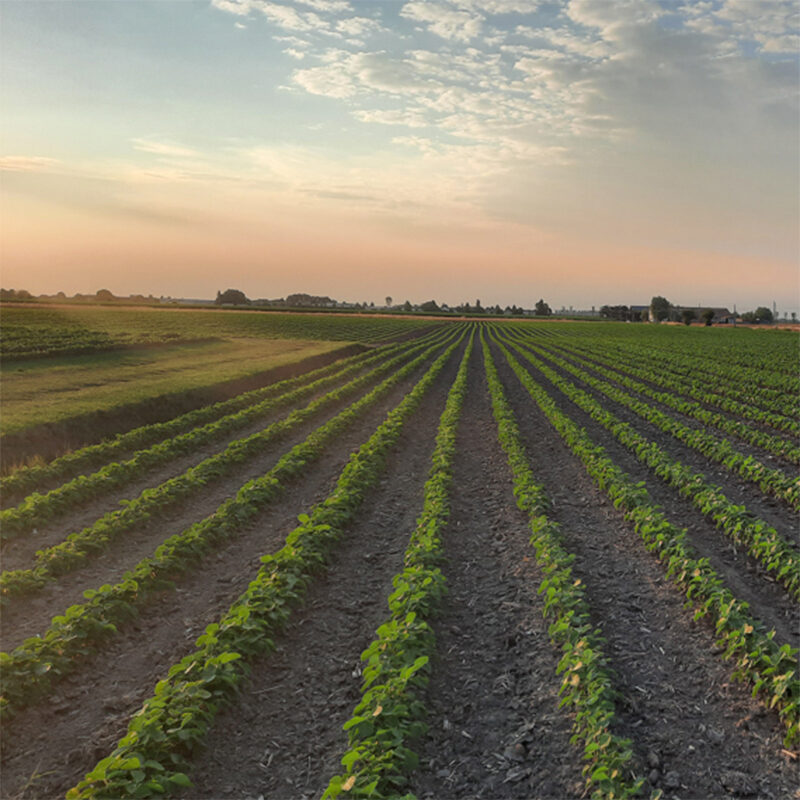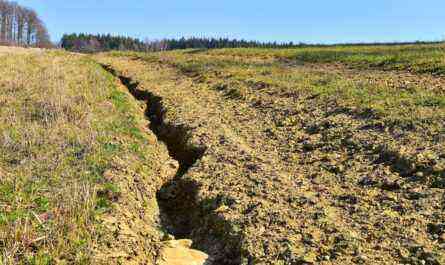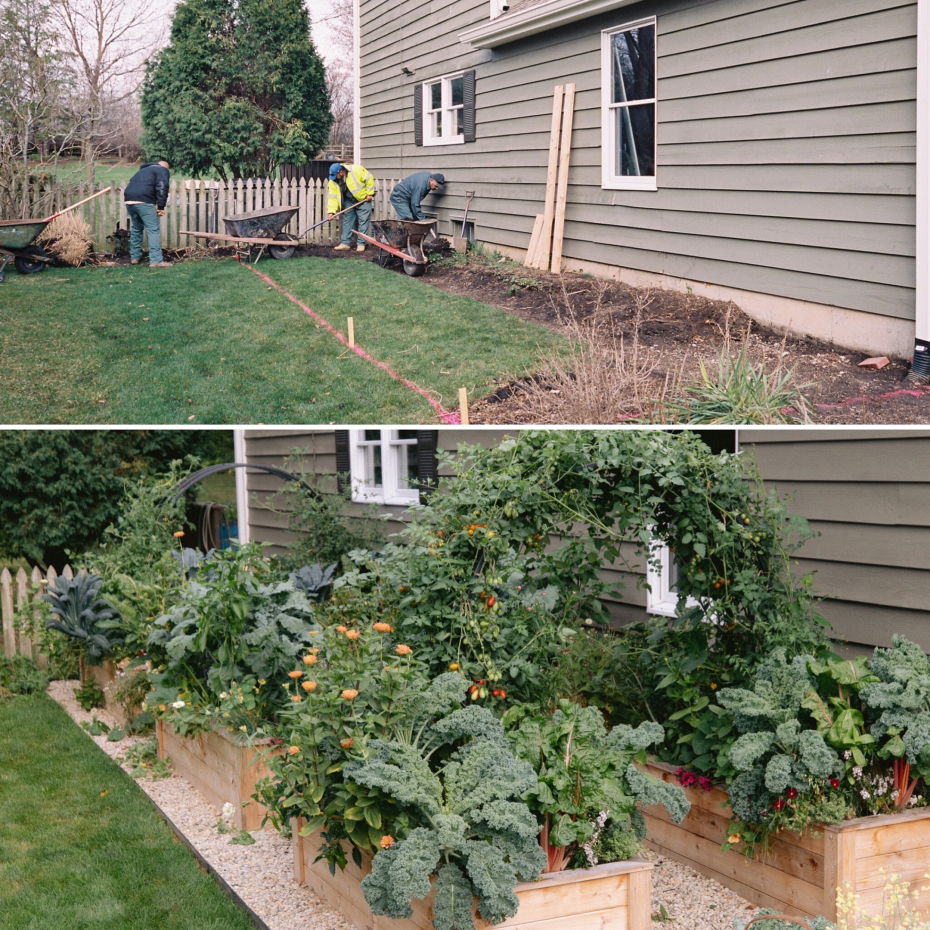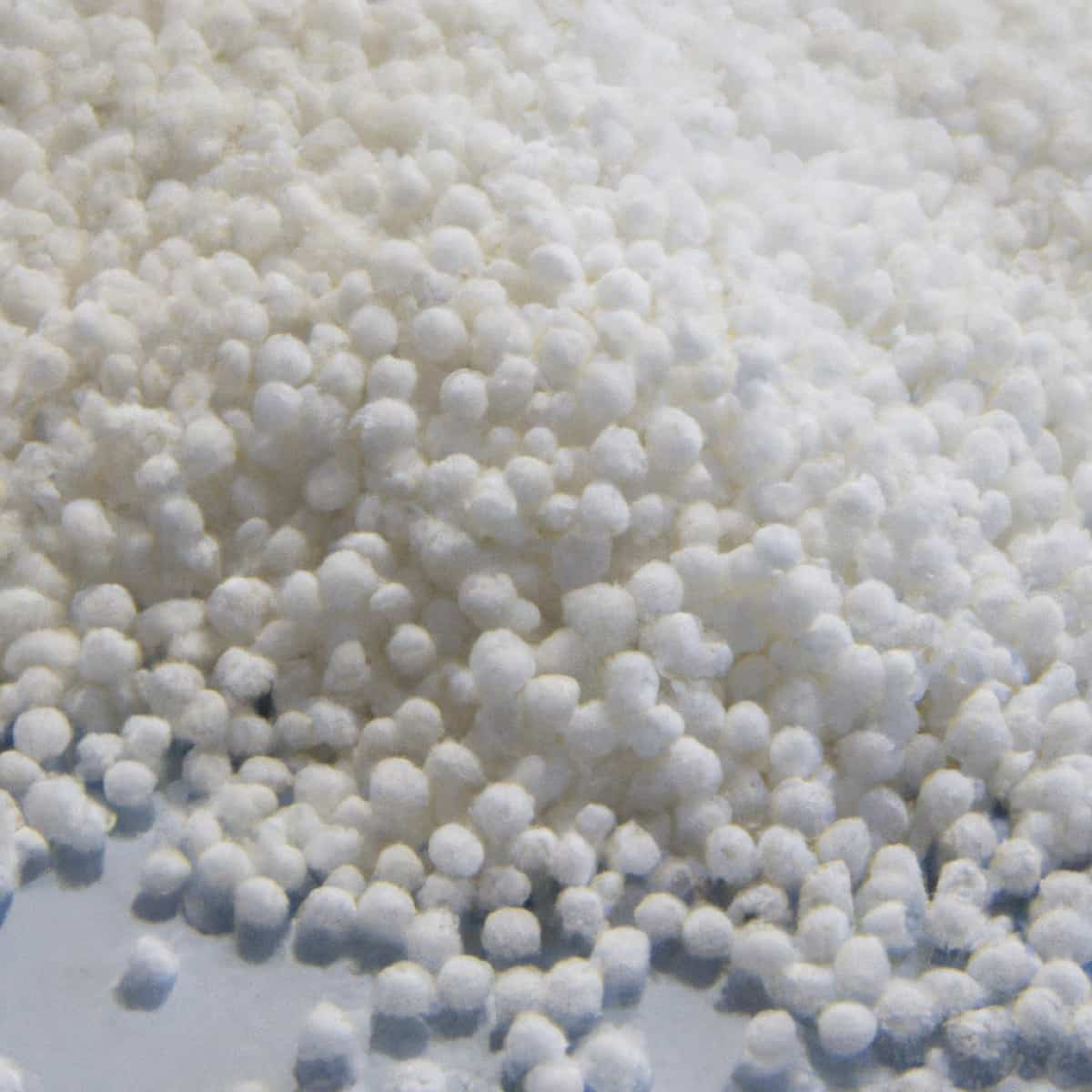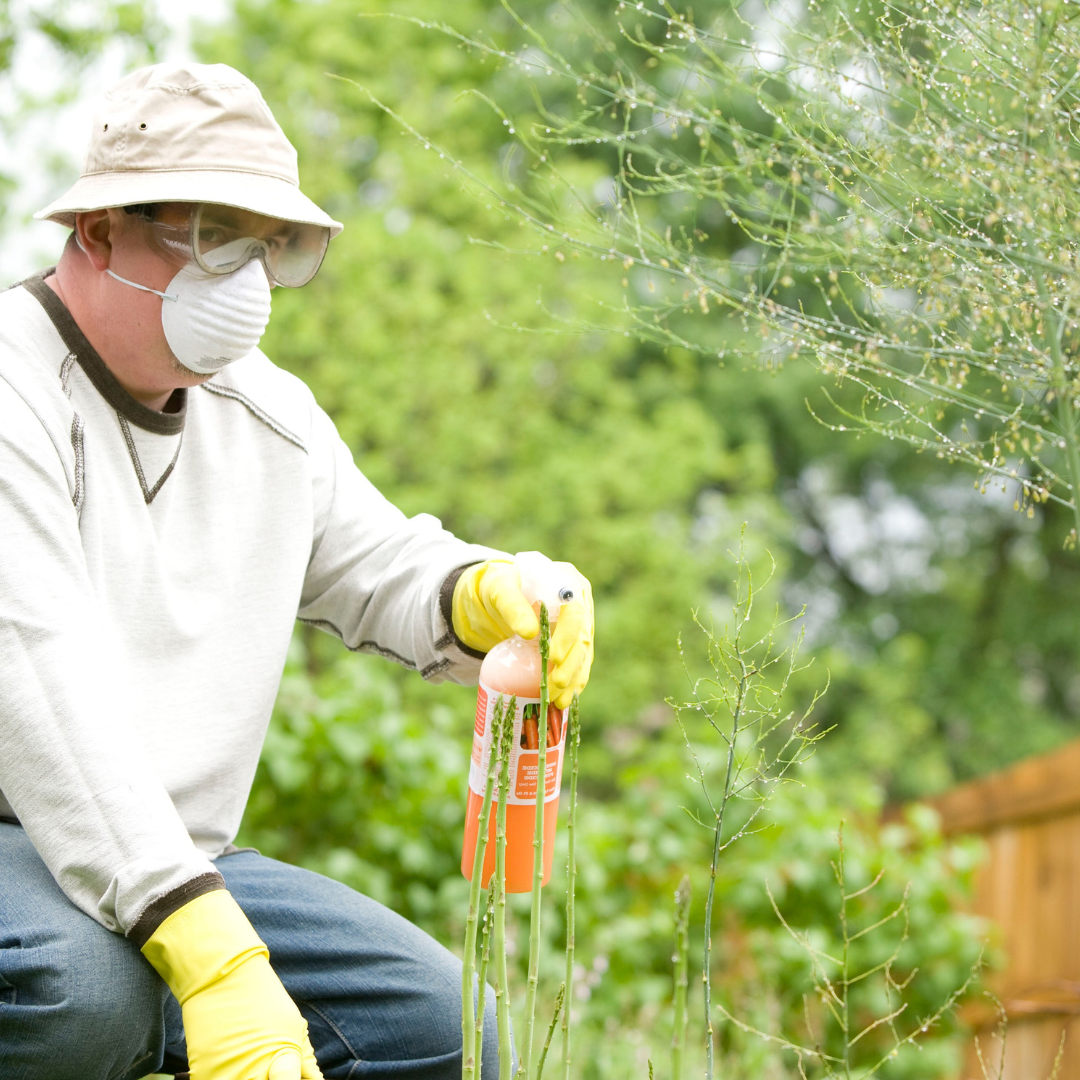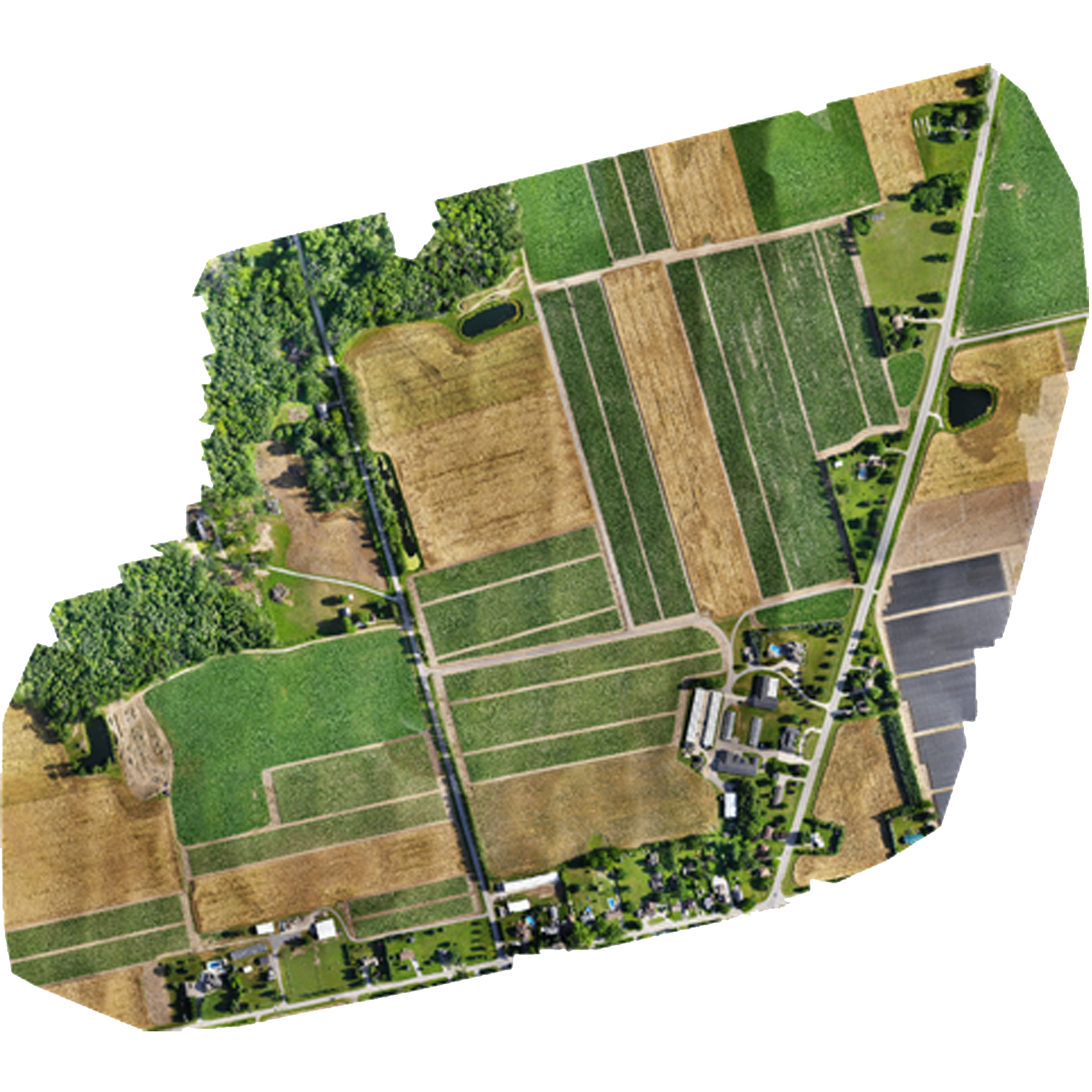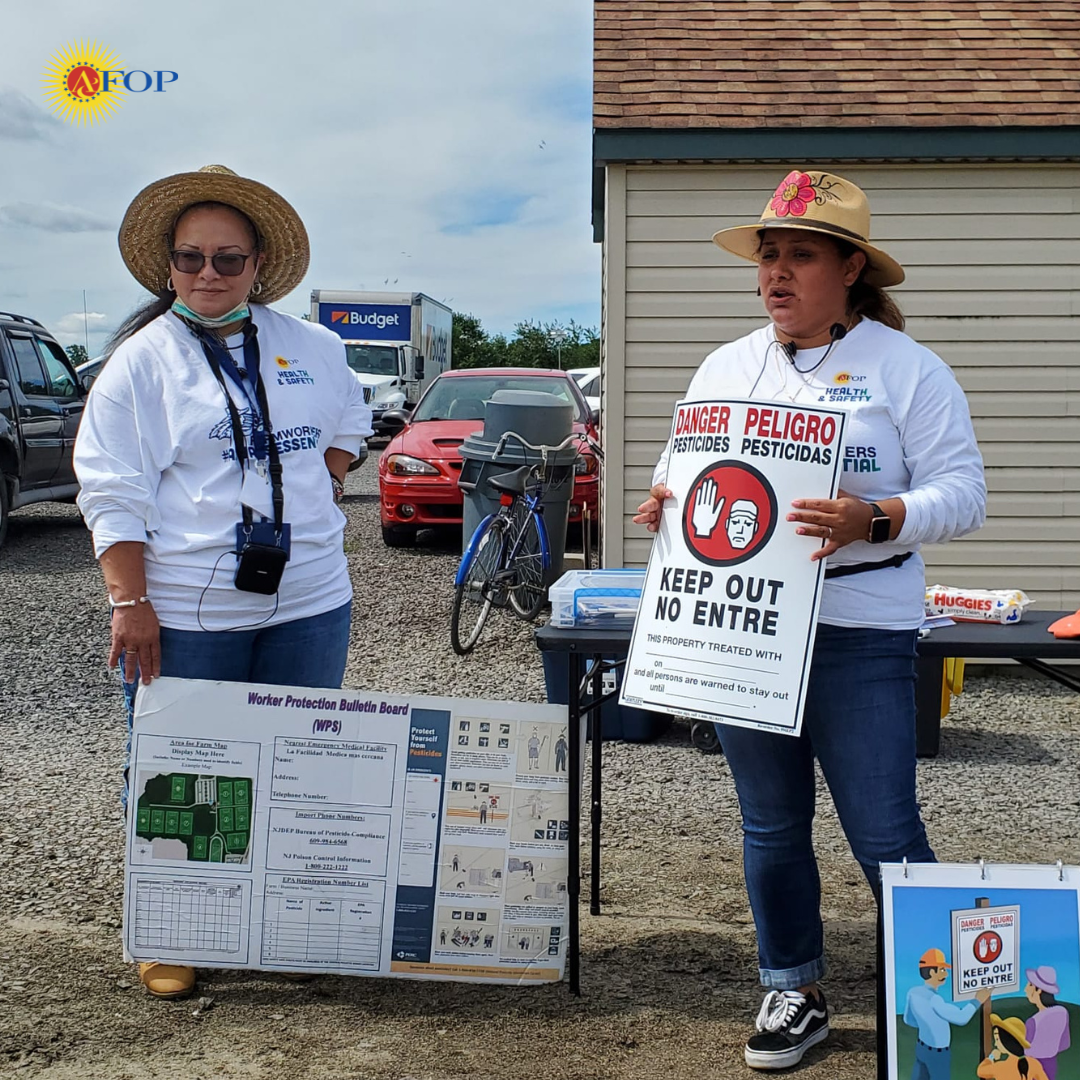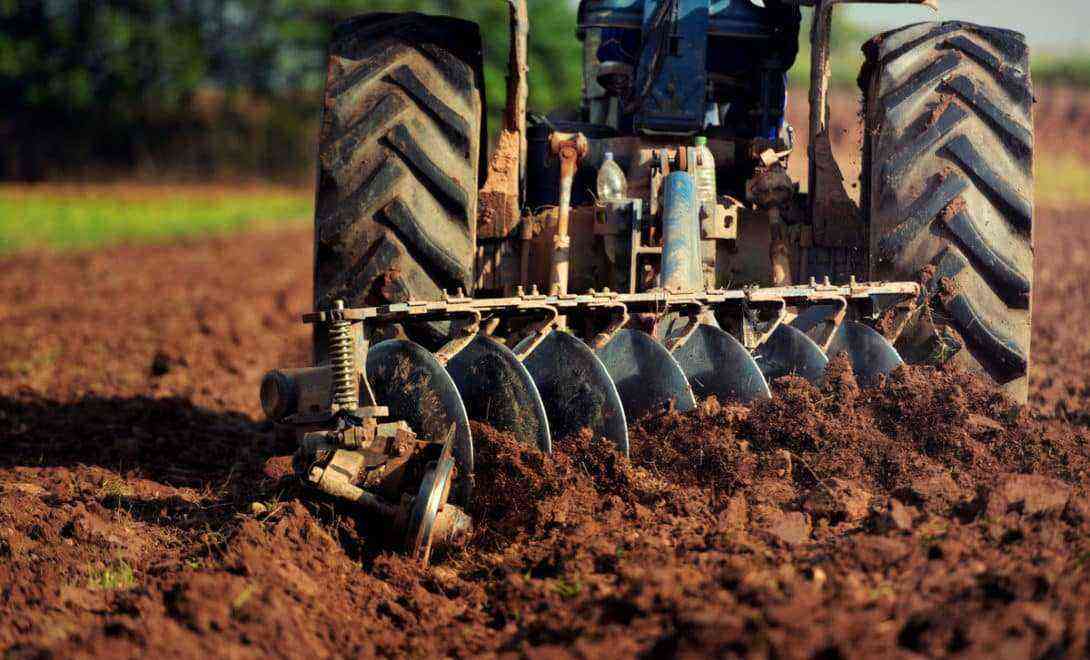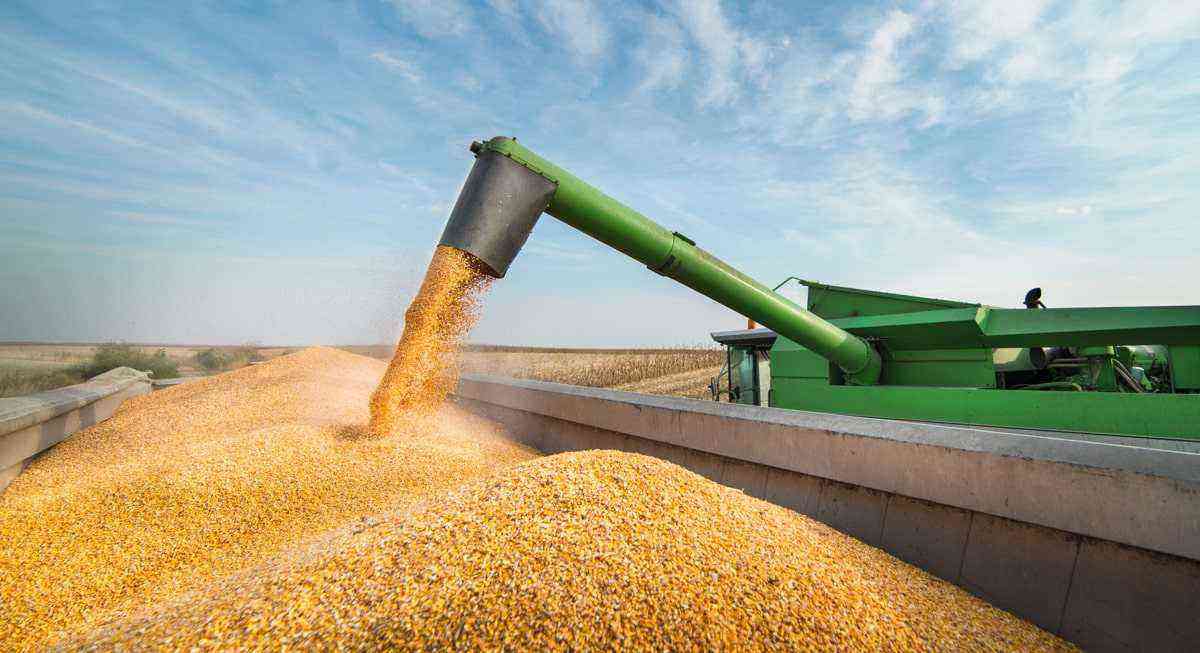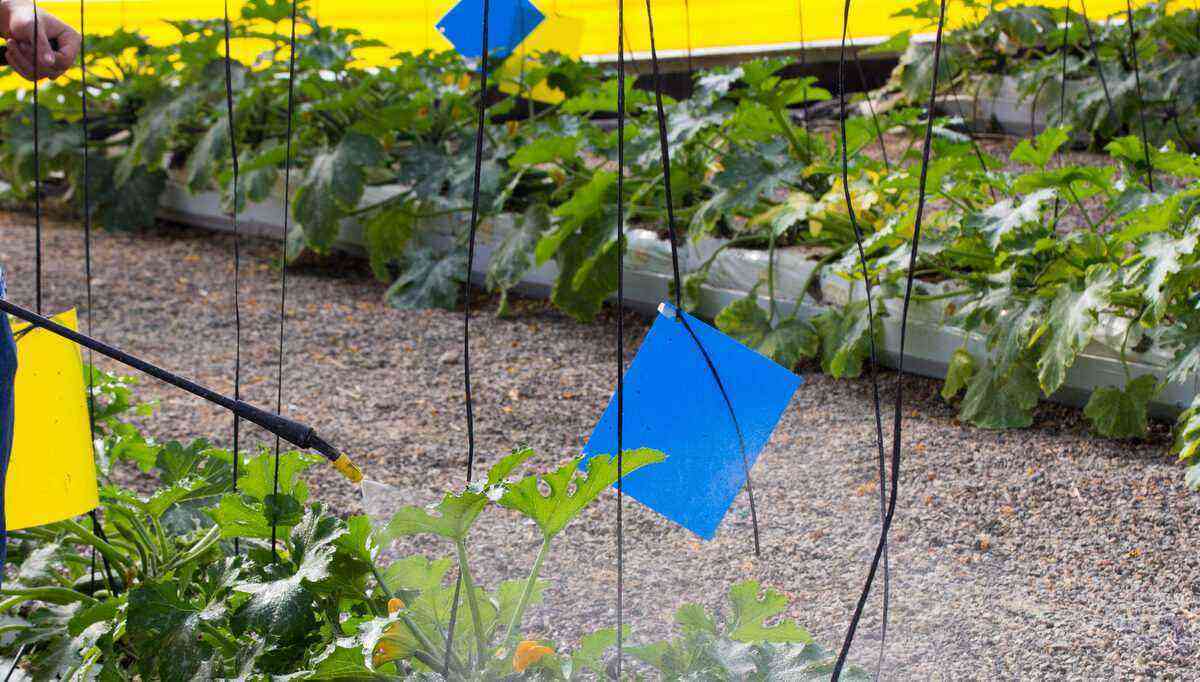The Lebanese government’s main suspicion that the huge explosion at the port was caused by a shipment of ammonium nitrate, estimated at 2.750 tons, raises concerns about fertilizers stored on rural properties.
Learn how this material must be stored safely not only to avoid accidents, but also to ensure the quality of the products when used on farms.
To store fertilizers and pesticides on rural properties, even in small quantities, it is necessary to follow some rules, in order to avoid damage to the environment and human and animal health.
Anyone who thinks that this is a responsibility only of farms and other resellers is wrong. Producers also have duties in this matter.
Regardless of the quantity purchased, that is, if only a little or for the entire crop, it is essential be careful when storing this type of material to prevent leaks, fires, access to products by unauthorized people, among other dangerous situations.
fertilizer storage
Often fertilizers, used to replenish nutrients and improve plant development, are stored for a long time before being used on farms.

Correct storage maintains quality and prevents accidents.
Therefore, the Storage conditions influence the quality of the product, in addition to the risk of accidents, such as ammonium nitrate, a fertilizer widely used in agriculture, which can cause explosion (it is also used in the manufacture of explosives)
According to article 47 of decree nº 2004, the storage of fertilizers, correctives, inoculants or biofertilizers must comply with the instructions provided by the manufacturer or importer, as well as the safety conditions presented on the label.
Another measure is to observe the rules and procedures established for the storage of dangerous products, when applicable, contained in the specific legislation in force.
Solid fertilizers, based on nitrogen, phosphates, potassium, magnesium or sulfur, are usually stored in sacks or in bulk, in the open on the farm or in sheds.
The guideline is that they should not be stored in the sun, as large temperature fluctuations can cause them to become more pronounced, depending on the raw materials of the fertilizers. When this situation is unavoidable, tarpaulin must be done to prevent the entry of rainwater.
Fertilizers must be stored in fully closed sheds and must be done on pallets or wooden strata. In case they are placed on the ground, it is recommended to cover them with used plastic bags or plastic canvas, avoiding direct contact of the fertilizer with the floor.
Fluid or liquid fertilizers must be stored in tanks, which have a lower cost than storage for solid fertilizers, as they reduce the losses that occur in the handling and storage of solid fertilizers such as dust formation, stoning or torn bags.
Store pesticides
There is a special legislation dealing with the storage of pesticides, following the instructions provided by the manufacturer and current legislation.
It should be noted that each state or even city may have its own rules on the subject. Therefore, it is important to consult the responsible bodies.

After purchase, proper storage is a farmer’s concern.
Agricultural pesticides should not be stored in the same place where food, feed or crops are stored. It should also be avoided in homes or other places where people live to avoid contamination, putting health at risk.
The correct thing is to store the pesticides in warehouses separate from other areas of the property, away from the movement of people and animals.
These places must be well ventilated and with ample space for movement, in order to avoid intoxication of those who enter the place.
Ideally, they should be built in masonry to reduce the risk of fire. The floor must be waterproof and easy to clean in case a leak occurs.
The premises must be fully covered to prevent damage from rain or any other adverse weather condition.
It is essential to place a sign indicating that unauthorized entry is prohibited and that the site presents risks. Preferably be surrounded.
packaging storage
Agricultural pesticides or fertilizers must be kept in their original packaging, kept closed after partial use of the product.
Liquid materials must be stored with the closure facing upwards and, in the case of drums, must not be kept on top of each other, either vertically or horizontally.
If the packaging breaks, it must receive a special protection, such as a transparent plastic, to avoid contamination. In this case, it is important to keep the product identification clearly visible.
If it is a large spill, the producer must alert the authorities, warn the neighbors and take measures so that the products do not reach natural resources, especially rivers or streams. Therefore, the recommendation is never to store a larger amount of products than necessary.
Another important tip is to pay attention to the expiration dates of the products. You should carry out a “rotating” in the warehouse, as a way of prioritizing the use of pesticides closer to maturity.
Organizing the stock prevents accumulation or lack of pesticides, as well as helping to control finances. Phytosanitary products represent almost 30% of agricultural costs (for soybeans, according to CONAB data).
worker protection

Protective equipment must be worn when handling products
Rural property employees who work in contact with pesticides and fertilizers need to be trained on the storage care, in the application of these products and first aid in case of intoxication. Staff must also undergo periodic medical examinations.
Workers must receive personal protective equipment (PPE) and receive training on how to use it.
The mandatory equipment is:
- Safety Gloves: of nitrile rubber or natural latex;
- Respirators: Disposable or low maintenance that must always be clean;
- face shield: Protects eyes and face. It must be transparent and cannot be in contact with your face to prevent it from getting blurry;
- Water-repellent coat and pants: It is made with treated cotton fabric. The cloth does not get wet easily and does not absorb the product;
- Arab cap or cap: Protects the head and neck;
- Apron: Increases protection against splashes or possible leaks;
- security Boot: waterproof: Protect your feet. It must be waterproof with a long resistant pipe and the right size for the feet.
Regarding the warehouses, it is important that they are equipped with showers and faucets for the hygiene of workers. Upward-facing showerheads are also recommended for eyewash.
Therefore, when planning the next harvest, the producer must also be aware of safety issues, as a way to avoid accidents and a lot of headaches.
See also: Learn how proper pesticide management can reduce the risk of accidents and contamination
